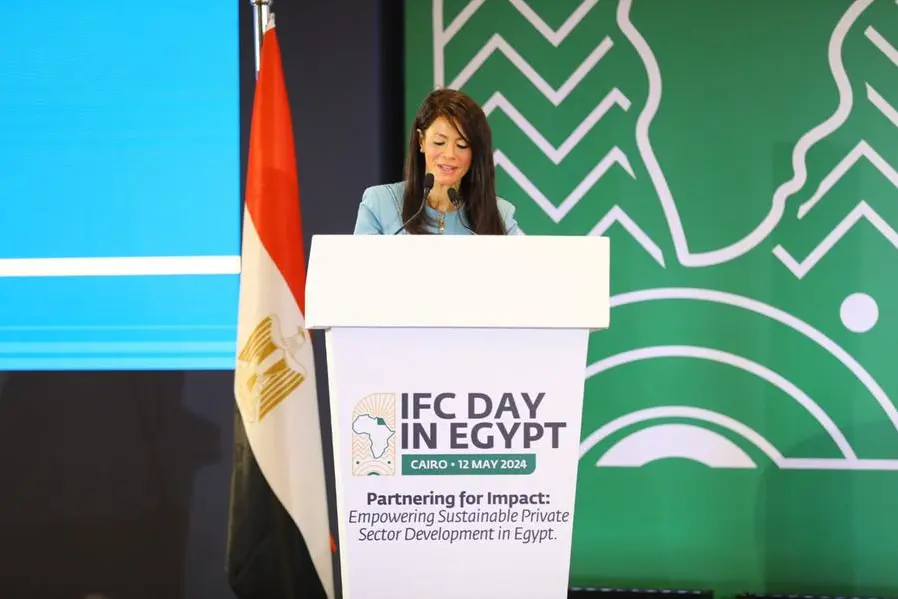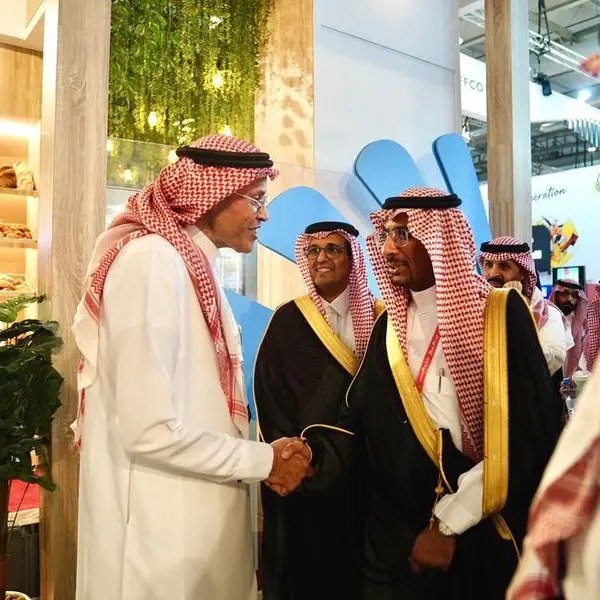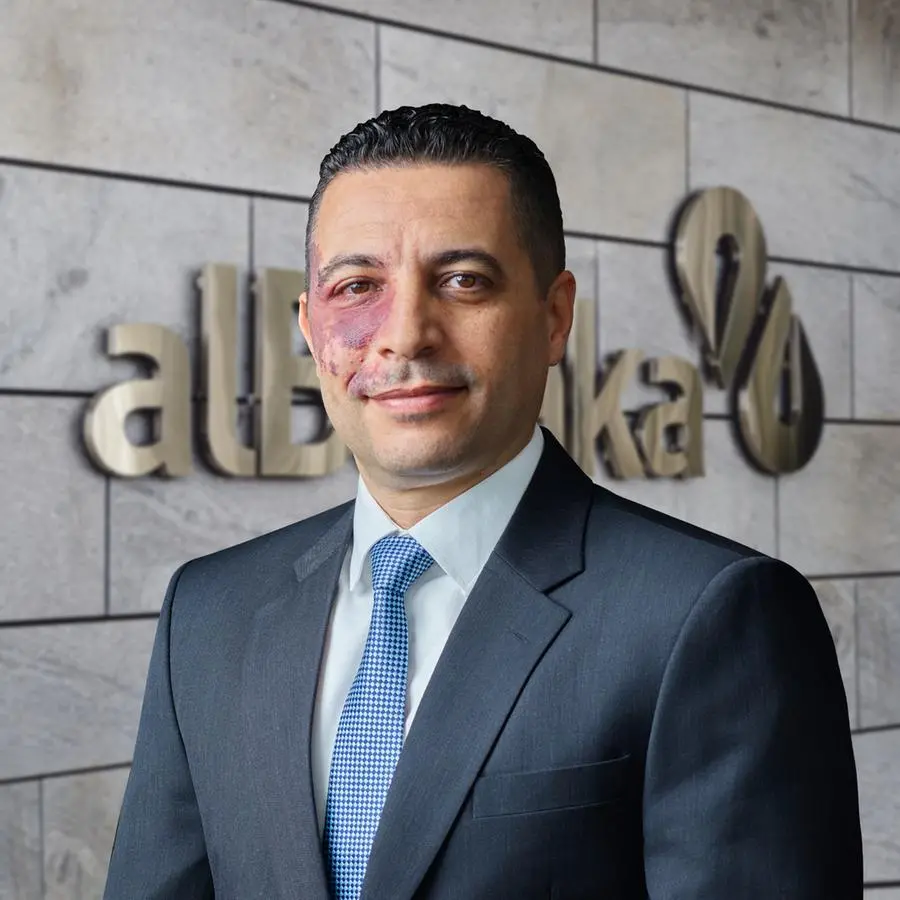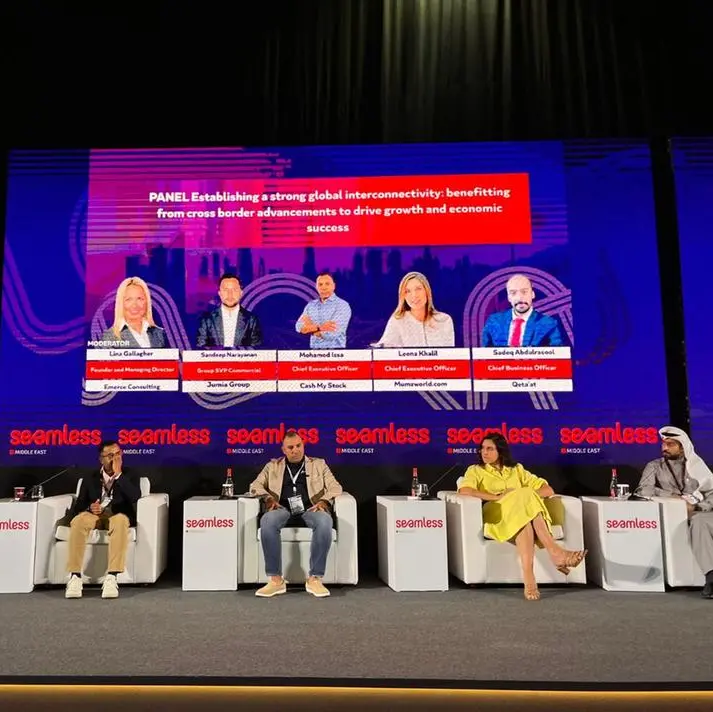PHOTO
- Dr. Rania Al-Mashat, Minister of International Cooperation: Egypt is among the largest countries of operations for the International Finance Corporation, with investments approaching $9 billion.
- Our relationship with the International Finance Corporation comes within a broader framework of partnership with the World Bank
- We are working to implement the directives of H.E. President Abdel Fattah El-Sisi on empowering the private sector as a major partner in leading development efforts
- Regional and international challenges and the COVID-19 pandemic did not affect the attractiveness of the private sector for investments by international institutions
- $900 million IFC investments in Egypt during the period from July 2023 to May 2024
- International financial institutions are working to develop new mechanisms and innovative financing tools to provide more financing opportunities for the private sector
- We aim to organize workshops for the private sector to introduce the guarantees platform launched by the World Bank on the first of next July
- The Private Sector Engagement Portal: Hub for Advisory, Finance and Investment for Enterprises provides 80 financial and non-financial services and hundreds of tenders presented to the private sector
H.E. Dr. Rania Al-Mashat, Minister of International Cooperation and Governor of Egypt at the World Bank, delivered the opening speech during the “IFC Day in Egypt” activities, during the visit of Mr. Sergio Pimenta, Vice President of the International Finance Corporation for the Africa Region, to Egypt, in the presence of Dr. Mostafa Madbouly, Prime Minister and a number of government ministers and private sector officials.
At the beginning of her speech, the Minister of International Cooperation said that the activities of IFC Day in Egypt has become an annual meeting, through which we affirm our commitment and our joint efforts to support the private sector, in implementation of the directives of H.E. President Abdel Fattah El-Sisi, which he announced at the beginning of his new presidential term; regarding the necessity of empowering the private sector as a major partner in leading development efforts.
H.E. explained, “In my capacity as Governor of Egypt at the World Bank Group, our relationship with the IFC comes within a broader Country Partnership Framework, launched in 2023, with the bank and its affiliated institutions: the Multilateral Investment Guarantee Agency (MIGA) and the International Bank for Reconstruction and Development (IBRD). It focuses on a number of goals, most notably creating a supportive environment for private sector-led investments and creating job opportunities.”
IFC Investments in Egypt
Al-Mashat highlighted the relationship with the IFC, which has provided financing and investments to the private sector worth approximately $9 billion, in addition to a portfolio of advisory services worth $34 million, since the institution began its work in Egypt, making Egypt one of the largest countries of operation for the IFC.
It is worth noting that the IFC’s investments are diversified in many fields, most notably sustainable infrastructure, renewable energy, financial services, agribusiness, manufacturing, startups, investment funds, and health. They are not limited to large companies only, but are also directed to startups and entrepreneurship and small and medium enterprises.
The Minister of International Cooperation monitors the path of development in the relationship with the IFC, which witnessed development despite the repercussions of the COVID-19 pandemic, the Russian-Ukrainian war, and regional and international challenges. The institution’s investment and financing portfolio during the period from 2020 to 2023 amounted to approximately $2.5 billion, while the volume of investments during the period from June 2023 until this May alone amounted to about $900 million, which reflects the continuous increase in the IFC’s investments and financing in Egypt, and the attractiveness of the Egyptian private sector for financing and investments from various development partners.
Country Partnership Framework with the World Bank
H.E. noted that, within the framework of the future partnership, it was announced earlier, in a joint statement with the World Bank last March, that $6 billion would be available from the World Bank over the next three years, to support the government’s reforms, including $3 billion for various government sectors, and $3 billion to support the private sector provided by the IFC at $1 billion annually.
A New Agreement with Banque du Caire
Building on these efforts, today the Minister witnessed the signing of a new $100 million financing agreement between the IFC and Banque Du Caire, to finance private-owned Micro, Small and Medium enterprises, including women-owned MSMEs and finance trade.
H.E. stressed that a strong private sector creates added value, provides jobs, encourages exports, and stimulates innovation and digitization. Therefore, our partnership with the International Finance Corporation in Egypt is based on three main pillars, promoting "employment", especially in labor-intensive sectors, export industries, sustainable manufacturing, agro-industries and tourism. "Inclusion", with a focus on health care, education and "integration", by supporting the cooperation with countries in the region through improving the infrastructure.
Structural Reform Programs and State Budget Support Programs
H.E. continued: The Ministry of international cooperation, in coordination with international institutions, is working on the formulation of budget support programs for the implementation of the structural reforms by the national stakeholders, and its main focus is to improve the competitiveness of the economy and improve the business environment through supporting the green transition, and the latest of these programs is the financing for development policy framework (DPF) with the World Bank, with the participation of other financial institutions, and we are working altogether to finalize it soon.
Reshaping the Global Financial System
H.E. pointed out that international financial institutions are working to develop new mechanisms and innovative financing tools, which provide more financing opportunities for the private sector, in the context of seeking to reshape the global financial system, and the insufficient funding of multilateral development banks and government investments to bridge the development financing gap.
H.E. also noted that as a model for these tools, the World Bank Group aims to launch a unified guarantee platform on the first of next July, doubling the investments and guarantees made available by the IFC.
She said that the Ministry of International Cooperation is working on preparing workshops soon to inform private sector companies about this new platform and the services it provides, thus expanding the range of financing tools available in the local market.
Private Sector Engagement Portal: Hub for Advisory, Finance and Investment for Enterprises
To this end, the Ministry of international cooperation is preparing workshops to inform private sector companies about this new platform and the services it provides, thus expanding the range of financing tools available in the local market. For our part, we launched the Private Sector Engagement Portal: Hub for Advisory, Finance and Investment for Enterprises to support the private sector last December, which works to fill the information gap, enabling the private sector to view a full list of advisory services, technical support and funding provided by development partners. Al-Mashat added that they have received a large demand from various companies for the platform's services, which identified 80 financial and non-financial services, along with hundreds of tenders and other services since its launch last December.
Joint Financing from Multilateral Development Banks
One of the most important pillars of the reform of the global financial system is cooperation and coordination between development banks and international financial institutions to provide joint financing to maximize investment opportunities. Despite the new requirements, Egypt is a model for this type of financing, as we have succeeded in involving multiple financial institutions with different governance frameworks and rules in many projects.
This is evident in various economic sectors, for example, the partnership signed between International Financial Corporation (IFC), the European Bank for Reconstruction and Development (EBRD), and the Sovereign Fund of Egypt (SFE), to provide advisory services and assistance in the design, financing, construction and maintenance of desalination plants, through a partnership between the government and private sectors.
IFC also led an alliance of 9 international banks to invest in the Benban Solar Park in Aswan.
In addition, IFC is a major partner with the private sector in financing the investments of the energy pillar within Egypt’s Country Platform of the Nexus of water, food, and Energy (NWFE), where it participates in financing the Abydos power plant with a capacity of 500 MW in Aswan, and the Amunet plant in Ras Gharib region to generate electricity from wind power with a capacity of 500 MW.
Furthermore, the IFC also participated in the preparation of the Egyptian file in the Nature, People, and Climate Initiative of the climate investment fund (CIF), where the Egyptian file wins the first place at the level of North Africa and Europe, and benefits from grants and concessional financing provided by the initiative for climate projects in Egypt. These efforts culminated today with the signing of a new agreement for advisory services between the International Finance Corporation and the Universal Health Insurance Authority.
Today, we culminate in the signing of a new agreement for advisory services between the International Finance Corporation and the General Authority for Comprehensive Health Insurance.











